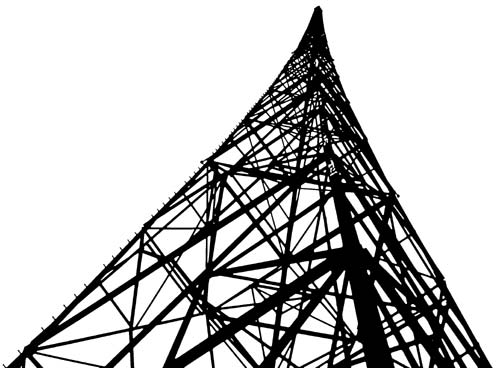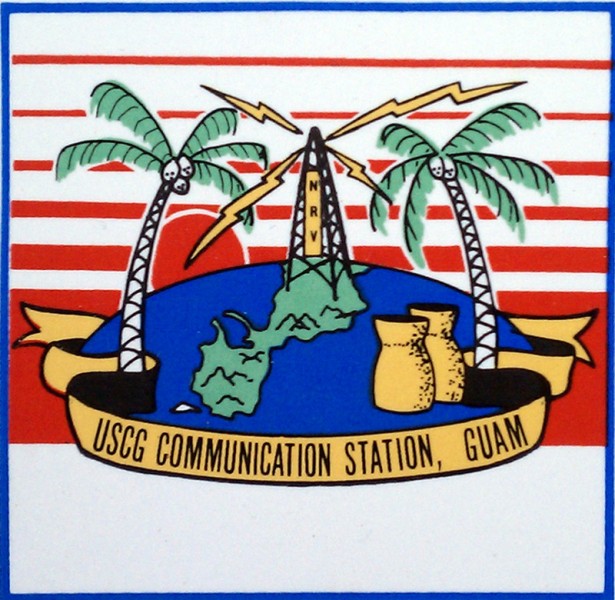Political content warning: This post will contain statements that may include political points of view and/or be contrary to the narrative currently espoused by the corporate media outlets.

This election season, all the stops have been pulled out. Massive amounts of money have flowed into the accounts of political candidates for nearly every office though out the land. Over and over again, we hear political advertisements about this, that or the other candidate doing something unethical or just plain wrong. Is it true? Is it a lie? Does it matter? What effect does this have on the general population? If psychological studies are correct, hearing the same statement repeated several times, people will tend to believe it, even if they are not paying attention. As George W. Bush once said while he was President of the United States:
“See in my line of work you got to keep repeating things over and over and over again for the truth to sink in, to kind of catapult the propaganda.”
This is the same mechanism used to brainwash people into religious cults.
Are we merely electing people because they have enough money to pay for the advertising required? Are they qualified to figure out how to fix and get the economy going again, or are they simply rich enough to buy the election?
At what point do we look at our own employment and our roles at various media outlets and wonder what connection it has with the current political and economic conditions in the US? For myself, I almost never listen to the radio stations that I do work for, other than to evaluate technical quality. As far as the programming content, I honestly could not tell you whether station X plays polka or top forty. However, even with that limited listening and knowledge, it is impossible not to miss the political propaganda on the airwaves.
What role has the current media model played in the election of corrupt (or at least inept) public officials? What role is the current media model playing in the partisan, divide and conquer, keeping the masses distracted while they finish the looting scheme? When do we become concerned that, even in a small supporting role, we are enabling the brainwashing of the general public?
We all have our own financial responsibilities, and that is true. However, perhaps it is time to step back and look at the big picture. There are many parallels in the history of humanity between the current situation in the US and other, long-gone governments like Rome, The Ottoman Empire, The Weimar Republic, and the former USSR. It’s time to ask, where are we going and what is going to happen when we get there?






I think what the media doesn’t cover is just as important than what it does cover. The omission of facts is just as important of a tool as the telling of lies when it comes to brainwashing the general population.
“Are they qualified to figure out how to fix the get the economy going again, or are they simply rich enough to buy the election?”
I submit to you that the USA’s current election process is not a means test, but rather a popularity test. And while money can raise popularity, it doesn’t necessarily buy an election.
“What role has the current media model played in the election of corrupt (or at least inept) public officials?”
IMHO, I believe it is true that the majority of people working in the media are liberals, and they, by their very nature, are activists (some more so than others). This bias emerges as favoritism on the media’s part towards the more liberal candidates, and enmity towards the more conservative candidates. However, corrupt candidates have emerged across the political spectrum, so at best I think we can’t lay blame at the feet of the media for influencing the election of one candidate over another. (Unless you wish to subscribe to the theory that liberals tend to be more corrupt than conservatives.)
“When do we become concerned that, even in a small supporting role, we are enabling the brainwashing of the general public?”
When our founding fathers began this country, the “media” then was very much interested in exposing lies, corruption, and wrongdoing. (Hence the “freedom of the press” amendment.) However, I believe that, gradually, slowly, those that were involved in the “press” have lost that view of their role in society, and today are nothing more than cooperating manipulators for those candidates they agree with, and vicious attack dogs for those they don’t. So when you say “we”, I assume you speak for the vast minority of media people who still believe the role of the media is to shed light on lies, corruption, and wrongdoing of any elected official, to which I would answer “When? Every day! Every hour! Every minute!”
“It’s time to ask, where are we going and what is going to happen when we get there?”
The USA is now a well-established country, with its social, legal, and political foundations now set in stone. Once a country is well-established, it is too late to change the foundations upon which is was established. Yes, you can paint it different colors, decorate it with lots of unimportant frivolity, and occasionally make some minor adjustments. So the answer to this question is simple: The USA’s political pendulum is currently swinging towards socialism, and in time it will stop, and begin swinging back towards its foundation of rugged individualism.
One thing to keep in mind: The USA has been called “The Great Experiment”. I believe that’s more profound than most people understand because only in the USA has a rather wide variety of social constructs been created, tested, and experimented with. We as a nation seem to be more willing to give just about anything a try, if nothing else but to amuse ourselves. I think many people outside the USA don’t really understand that aspect, and often mistake our public bickering and political fighting as a sign that we’re weak, divided, disorganized, and always on the verge of total collapse when in fact we’re more like a bunch of scientists scrutinizing every tiny flaw in our theories while trying to make it the best for everyone.
Fairness Doctrine – a pain for broadcasters, but good for the country.
@spinetingler – Oh, so if some talk radio show host opines that mixed race marriages are perfectly acceptable, you fully support FORCING the radio station (under threat of losing their license) to put someone from the KKK on the air to spew their racial hatred?
No, the “Fairness Doctrine” is NOT “good for the country”.
Argue nicely, its one of the few rules we have around here
My friend John W:
Welcome to our American plutocracy.
Hasn’t the media played a major role in elections as long as there’s been a media in this country? I think of newspapers endorsing candidates and newspaper ownership being “in the camp” for certain candidates. I think it’s been around for a long time, but I think that there’s more awareness about the involvement of media spending.
I was recently listening to a tape of Larry Glick when he was on WHDH during the ’88 election cycle, and I was really surprised to hear a lot of the same complaints about the media (which was still called “the press” in 1988) that I hear today.
Things definitely seem wrong, but I sure don’t know what the “right” way to proceed would be.
Zach, yes the media has always played a role in politics, that is true. Lately, however, it seems to be more and more partisan. Also, there is a concerted effort to create a certain narrative, which, in many cases is only part of the story. Again, perhaps this has always been the case and we are now more aware of it because of the internet. It bears watching.
I agree with Paul that the media has always played a role in elections and in politics. But I think that only recently have we, the news media consumers, wised up and are now spotting the political spins in every news report we see, hear, and read – and those that we don’t!
Has the media turned more partisan lately? I think it has always been very partisan, but well hidden because up until recently most of the people in the media have all been on the same side – liberals/democrats. Now I think we’re “seeing” more partisanship due to more media outlets emerging that are on the other side – conservatives/republicans.
The internet, IMHO, has made it much easier for individuals to communicate, and in doing so, made it much easier to spot the differences between political views. That in turn sheds more light on the partisanship of the media’s coverage of the news. The “traditional” media hates this. It makes it nearly impossible for them to spin a story, or more importantly, bury it.
The best thing we (the general public) can do is to widen our sources of information, and to loudly call out political manipulation by the media whenever we see it.
Yes John W, I think in general it is. You point out the outlier.
The Fairness Doctrine was a good idea in theory. Even Newt Gingrich supported it — more than support it, he co-sponsored a bill to make it law.
The Supreme Court thought it was pretty swell, too, giving the history books some choice language about how the rights of the viewers and listeners, and not the rights of broadcasters, were paramount. Stuff the NAB is often effective in helping us to forget.
The Fairness Doctrine was based on the legal fiction that commercial broadcasters are public trustees when in fact they are businesses. Complying meant providing airtime for contrasting points of view.
That is a business expense. So the Fairness Doctrine had the opposite effect than intended. Rather than spend the money to comply with it, stations simply avoided airing anything that might trigger that public interest obligation.
The spread of intentional misconceptions didn’t help, like the idea that any controversial view anyone uttered on-air had to be balanced by finding some nutcase from the other side, and putting a camera in front of them, or else risk losing the license. That was not how it worked of course, but such was a nuance lost on most industry proclaimers.
Eventually Reagan vetoed the bill that would have enshrined the Fairness Doctrine in law.
As to the partisanship in media, there is a direct line between Lee Atwater and Karl Rove, and the whole disaster is beautifully chronicled in the documentary about Atwater’s life, Boogie Man:
http://www.boogiemanfilm.com/
Towards the end of his life Atwater apologized for the poison he introduced in the media on behalf of his clients. Good for him but we’re still looking for the antidote.
Beev, thanks for the interesting link. Back in the day when Radio and TV where the only electronic mass media game in town, it made a certain amount of sense to limit or balance political viewpoints. Radio and TV stations licenses were granted as a public trust or in the interest of the public. While that wording still survives, the concept of a license granted in public trust does not. Licenses these days are a money printing machine, especially in large markets.
If the so called “new media” is allowed to continue and evolve, then this will become less and less of an issue as broadcasting transitions to some type of IP based delivery method, which, as of now, does not require a license.